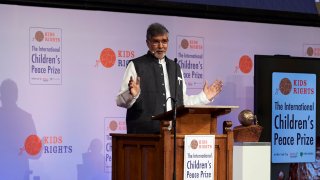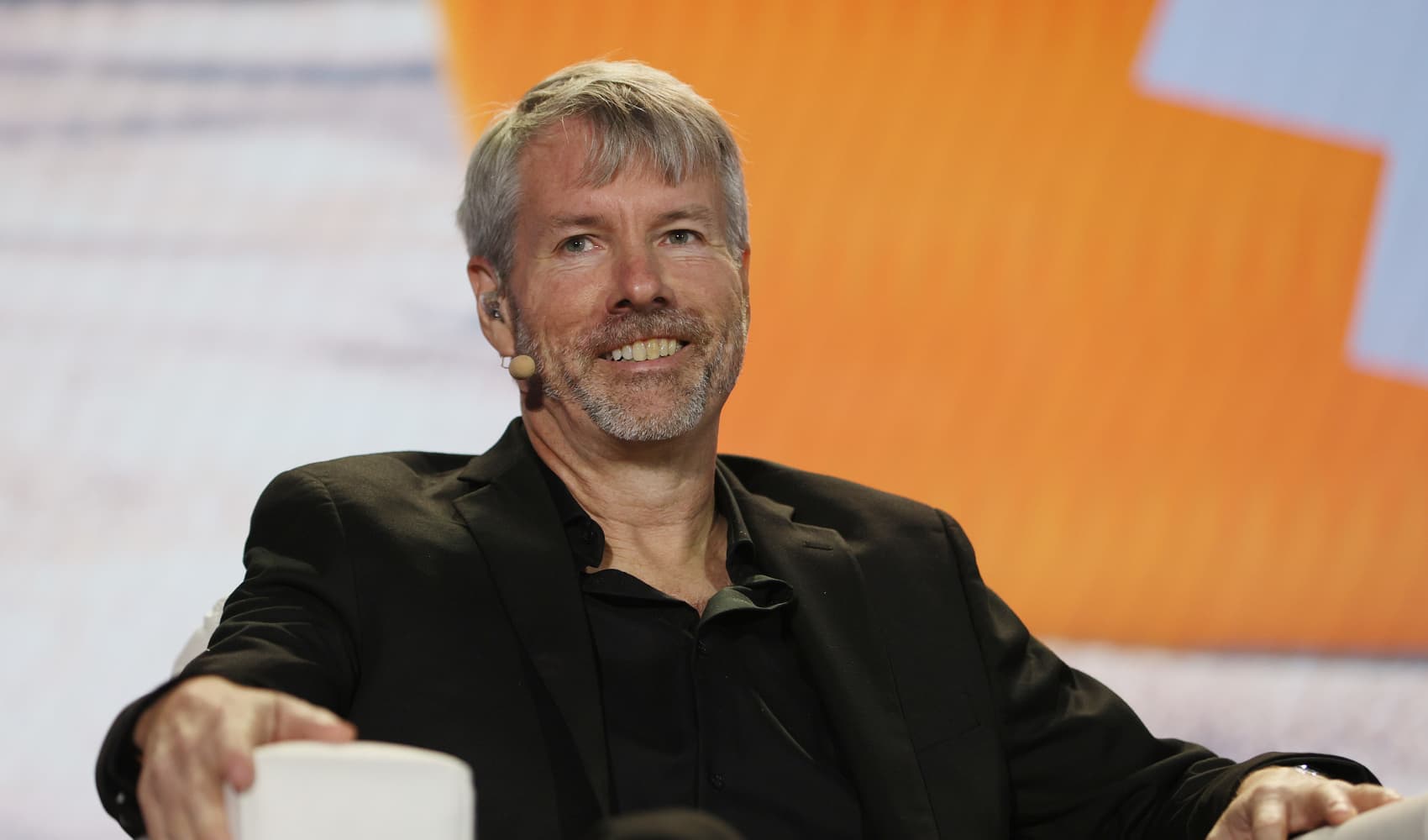
- Satyarthi highlighted that 152 million children were working as child laborers even before the pandemic.
- This represents 10% of world's child population, which is more than the combined number of children living in the OECD's 20 founding member countries.
Nobel Peace Prize winner Kailash Satyarthi said there needs to be a "sense of urgency" in working toward the end of child labor globally, speaking on a panel for the OECD's 60th anniversary.
Speaking on a panel on Tuesday to mark the OECD's 60th anniversary, Satyarthi said that while now was the time to bail out economies, which have been hit hard by the coronavirus pandemic, it was also the time to "bail out childhood (and) freedom."
"This is the time to bail out education, this is time to bail out the future of our children," he told CNBC's Karen Tso.
"If we fail them today, then we are failing them forever, and we are failing not only this generation but entire future generations to come," Satyarthi added.
He highlighted that 152 million children were working as child laborers even before the pandemic, many of whom were engaged as child slaves, soldiers and prostitutes, for example.
That represented 10% of world's child population, he added, which was more than the combined number of children living in the OECD's 20 founding member countries. There are now 37 countries which are members of the OECD.
Money Report
Satyarthi pointed out that 2021 is a "critical year," as the United Nations' General Assembly has declared it the "International Year for the Elimination of Child Labour."
He said there was still a need for due diligence on child labor in the supply chains in the different countries in which multinational companies operate. He added that investment needed to be made to ensure that countries were following "international treaties and bindings including ILO (International Labour Organization) conventions."
Satyarthi is among a number of Nobel laureates, teachers and organizations teaming up for the "Fair Share for Children" campaign, which is calling for 20% of the pandemic relief funds to go toward 20% of the world's most marginalized children and their families.
The Indian activist won the Nobel Peace Prize in 2014, along with Malala Yousafzai, for his work campaigning against child labor and for children's right to education.






